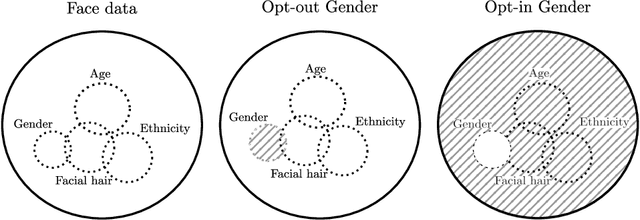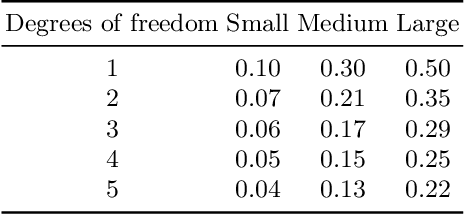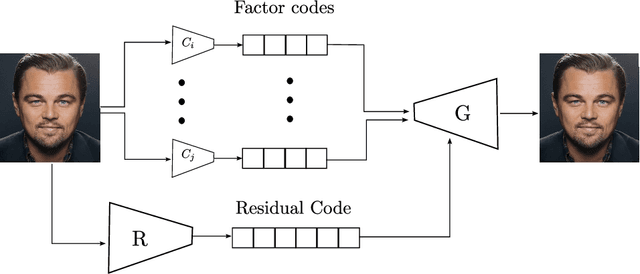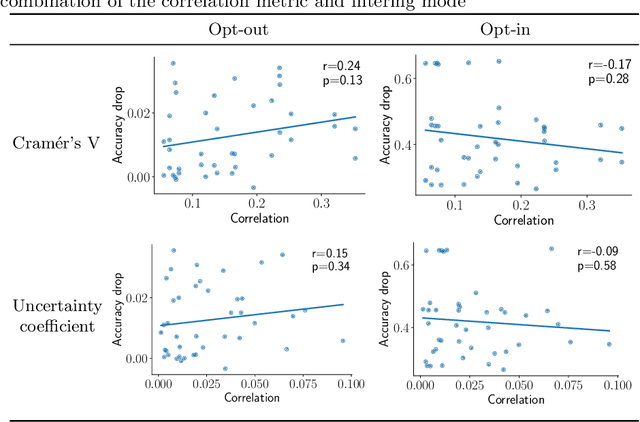Wei-Cheng Wang
Mitigating Bias Using Model-Agnostic Data Attribution
May 08, 2024Abstract:Mitigating bias in machine learning models is a critical endeavor for ensuring fairness and equity. In this paper, we propose a novel approach to address bias by leveraging pixel image attributions to identify and regularize regions of images containing significant information about bias attributes. Our method utilizes a model-agnostic approach to extract pixel attributions by employing a convolutional neural network (CNN) classifier trained on small image patches. By training the classifier to predict a property of the entire image using only a single patch, we achieve region-based attributions that provide insights into the distribution of important information across the image. We propose utilizing these attributions to introduce targeted noise into datasets with confounding attributes that bias the data, thereby constraining neural networks from learning these biases and emphasizing the primary attributes. Our approach demonstrates its efficacy in enabling the training of unbiased classifiers on heavily biased datasets.
Selective manipulation of disentangled representations for privacy-aware facial image processing
Aug 26, 2022



Abstract:Camera sensors are increasingly being combined with machine learning to perform various tasks such as intelligent surveillance. Due to its computational complexity, most of these machine learning algorithms are offloaded to the cloud for processing. However, users are increasingly concerned about privacy issues such as function creep and malicious usage by third-party cloud providers. To alleviate this, we propose an edge-based filtering stage that removes privacy-sensitive attributes before the sensor data are transmitted to the cloud. We use state-of-the-art image manipulation techniques that leverage disentangled representations to achieve privacy filtering. We define opt-in and opt-out filter operations and evaluate their effectiveness for filtering private attributes from face images. Additionally, we examine the effect of naturally occurring correlations and residual information on filtering. We find the results promising and believe this elicits further research on how image manipulation can be used for privacy preservation.
 Add to Chrome
Add to Chrome Add to Firefox
Add to Firefox Add to Edge
Add to Edge